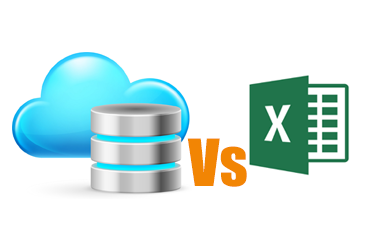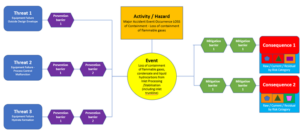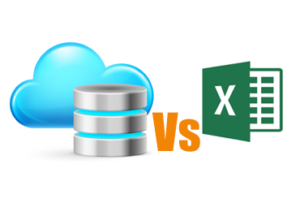Introduction
Microsoft Excel has long been a favorite tool for businesses worldwide, thanks to its user-friendly interface, flexibility, and powerful analytical capabilities. However, when it comes to housing and managing key company data, relying on Excel can lead to significant challenges and risks. This article explores why Excel is an excellent tool for certain tasks but falls short as a reliable and secure solution for storing critical business information.
Excel’s Strengths
There’s no denying that Excel is an exceptional tool for various tasks, such as organizing data, performing calculations, and creating charts and graphs. Its formula capabilities and ease of use make it a go-to application for many professionals, from finance to operations. Excel’s versatility allows it to be a helpful tool for ad-hoc analyses and quick data manipulation, but it has limitations when it comes to more extensive, collaborative data management.
Data Security and Integrity Concerns
One of the most significant drawbacks of using Excel to store key company data is the lack of robust security features. Sensitive information is often stored in password-protected files, but this method is insufficient in preventing unauthorized access. Additionally, Excel’s files are prone to data corruption, which can lead to a loss of vital information.
Limited Collaboration and Version Control
When multiple team members need to access and update shared Excel files, collaboration can become a nightmare. Excel does not provide real-time updating, leading to version control issues and potential discrepancies between team members’ data. This lack of collaboration capabilities can result in errors, inefficiencies, and poor decision-making.
Scalability and Performance Limitations
Excel struggles to handle large datasets and complex calculations, which can lead to sluggish performance and even crashes. As businesses grow and their data needs expand, relying on Excel as the primary data storage solution becomes increasingly untenable. Companies require a more scalable and high-performing system to handle large volumes of data and complex operations efficiently.
Insufficient Reporting and Data Visualization
While Excel offers basic reporting and data visualization options, it lacks the more advanced, customizable features found in specialized business intelligence tools. These tools provide enhanced reporting capabilities, dynamic dashboards, and interactive visualizations that empower decision-makers with better insights into their data.
Conclusion
Excel is a powerful tool for specific tasks, but it’s not the best solution for housing key company data. Its limitations in security, collaboration, version control, scalability, and reporting make it unsuitable for managing critical business information. Instead, organizations should consider investing in specialized software and platforms that can securely store, process, and analyze company data while providing advanced collaboration and visualization features to support data-driven decision-making.
Companies should contact Totum Compliance about their cloud-based compliance software to benefit from a scalable, secure, and user-friendly solution that streamlines compliance management. Totum’s cutting-edge platform is designed to address the evolving regulatory landscape, providing businesses with automated monitoring, real-time reporting, and robust analytics capabilities. By partnering with Totum Compliance, organizations can optimize their compliance efforts, mitigating risks and enhancing their overall operational efficiency.







